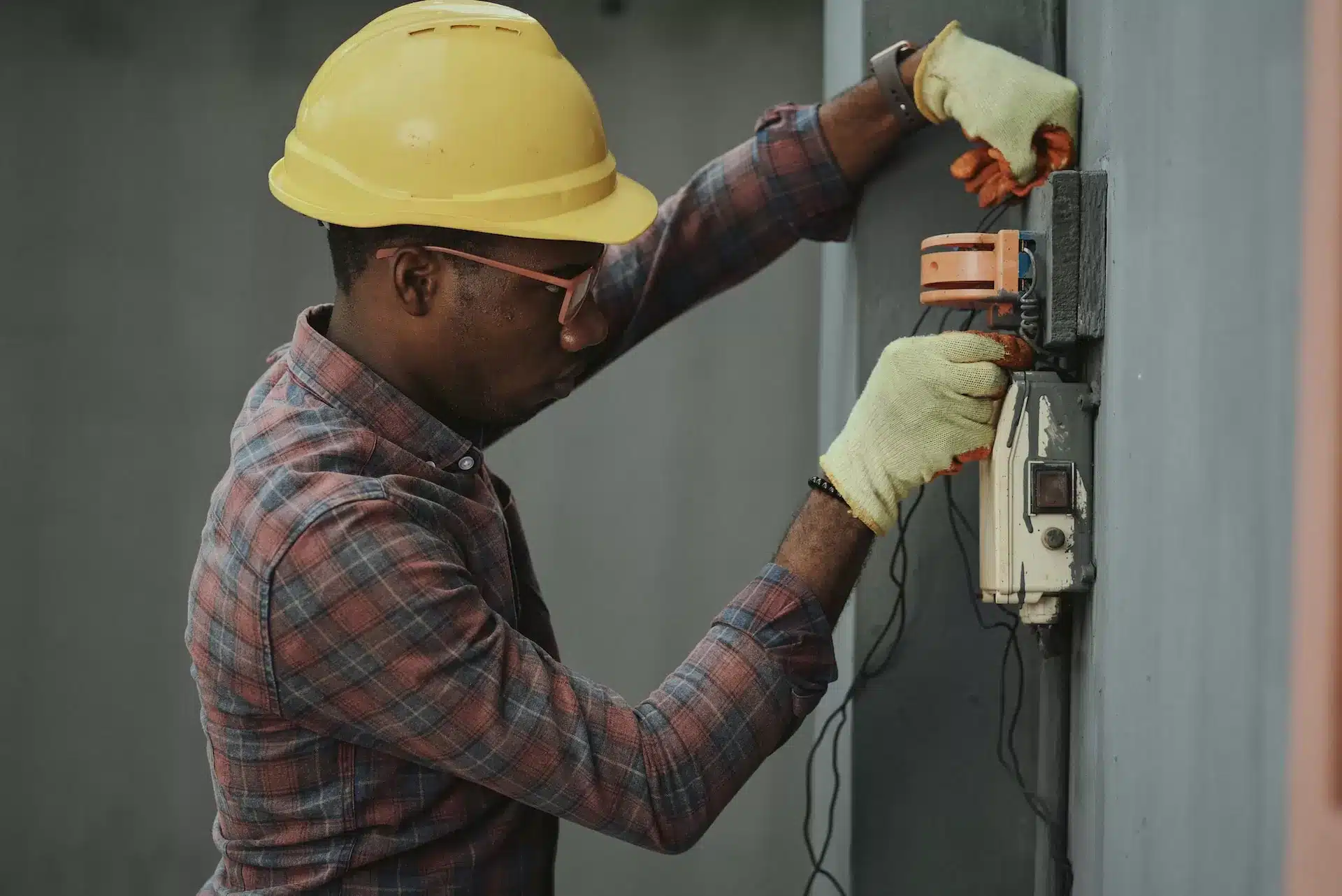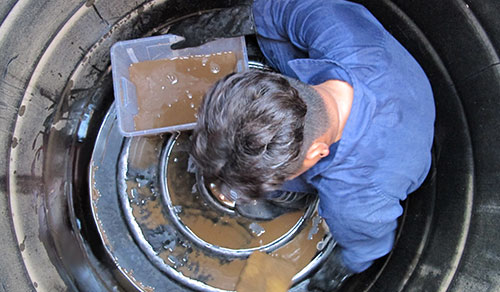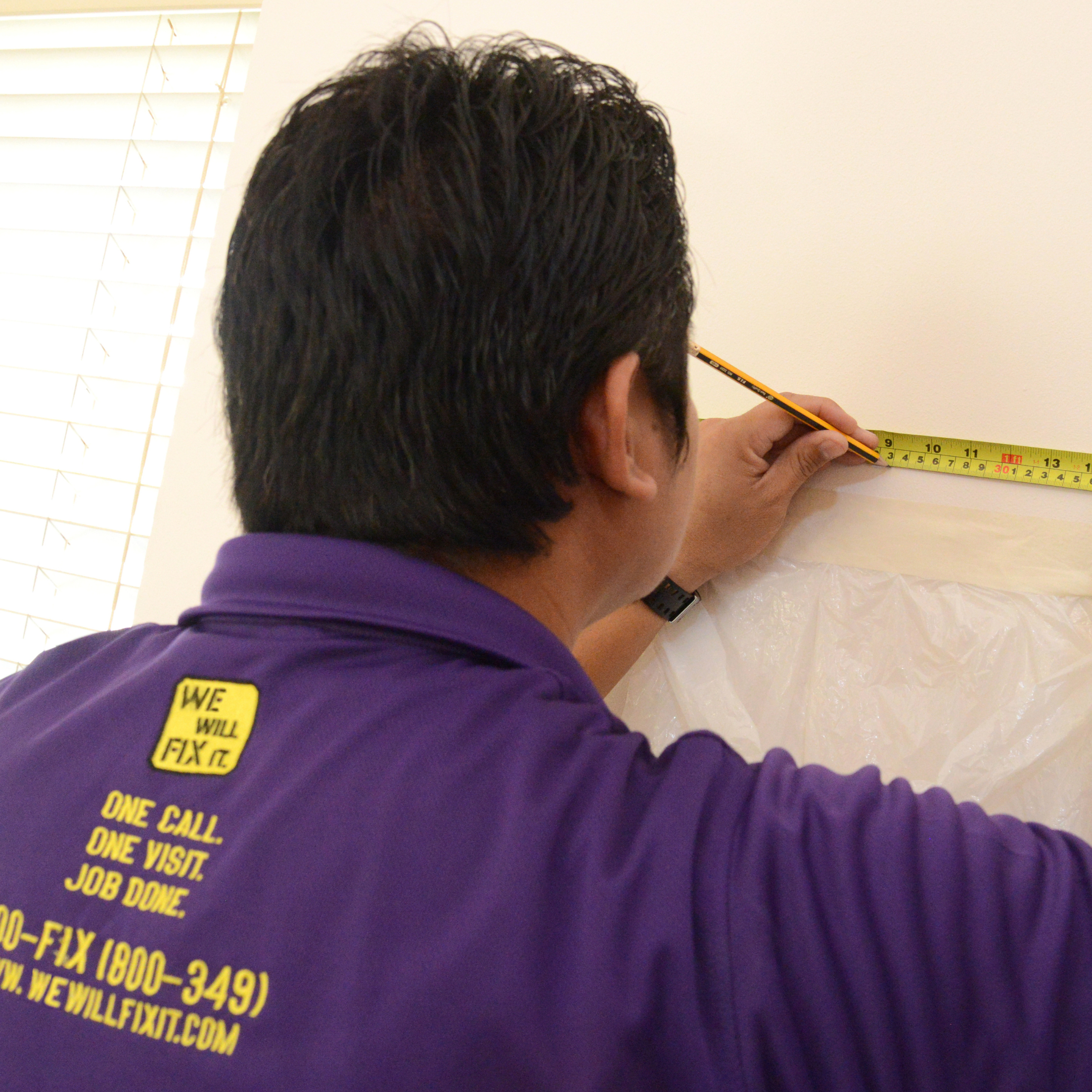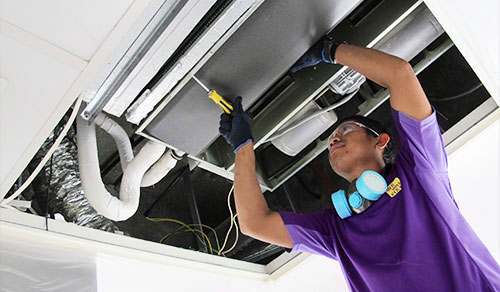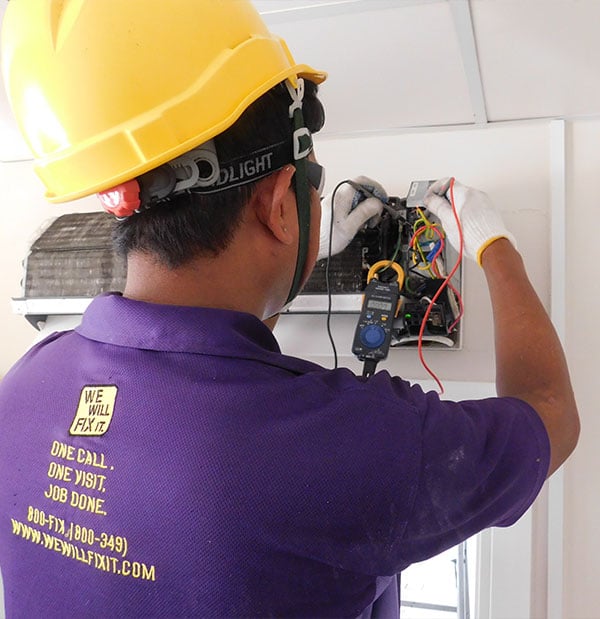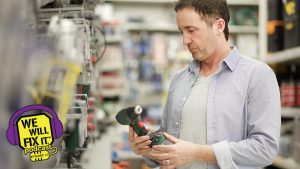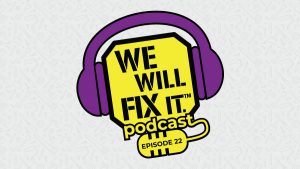If your technician is a true professional, they should show up with an actual AC unit maintenance checklist. In case you have never seen your technician use one, don’t worry. We are here to tell you everything you need to know about what is done during an AC servicing, so you can make sure you are not being taken for a ride.
Very few people understand what actually takes place as part of a proper AC system service. After all, there isn’t much to see apart from either the legs of a technician with their head in the ceiling or an empty ladder once they have disappeared onto the roof.
There’s nothing more critical for a property in the UAE than defective air conditioning during the summer months. However, for many people, this only becomes a priority two minutes after an AC unit stops cooling!
Whilst sometimes unavoidable, there are lots of things that you can do to help avoid unnecessary breakdowns and also minimise your energy bills. However, before we discuss the specifics, let’s start with the basics.
What Type of AC Do You Have?
There are a few types of AC systems commonly used here in the UAE depending on what the space demands. They are:
Split AC
Most commonly used in villas or low-rise apartment buildings, this system is called ‘split’ because it comprises outdoor and indoor components that work together to produce the required cold air. Basically, the outdoor unit’s main job is to produce the cooling and the indoor unit is there to convert this cooling into cold air ready for it to be distributed to where it is needed.
Chilled Water or District Cooling
Chilled water systems are usually found in high-rise apartment blocks here in the Middle East, although some villa developments such as Green Community and Jumeirah Islands here in Dubai have also adopted district cooling AC systems. The main difference with these systems is that the cooling comes from a central provider for all properties and is distributed to each property via a pipe providing a constant flow of chilled water. Hence, all that is needed is an indoor heat exchanger to convert the chilled water into cool air.
Package AC
Often used to chill large spaces within large low-rise buildings such as shopping malls or hotels, the principles of a package unit are very similar to a split AC system except that all the required components are located in one ‘package’ on the roof of the building.
What is AC Servicing?
‘Servicing’ is the most abused word in the AC world, so remember to ask more questions when someone claims to be servicing your AC system!
We regularly hear our clients say that ‘a man came with a ladder, serviced all the ACs in the villa and it only took 15 minutes in total’.
THIS IS NOT AN AC SERVICE!
The maximum that could be done in this time is to spray down the indoor air filters, which is only a small part of the proper AC unit maintenance checklist.
What is Done in AC Servicing?
A comprehensive AC service should take between 30 and 45 minutes for each unit serviced. To work out how many AC units you have, count the number of temperature controllers you have on the walls, as each corresponds to one unit.
As the majority of ACs here in Dubai are split units, we are going to focus on this type of unit as an example of what should be included with the service.
These units have two parts: the outdoor unit which is normally located outside on the roof or walls of the building and the indoor unit which will be above a false ceiling, often in the bathroom areas. Both parts require attention.
AC Service Checklist for Outdoor Components
Condenser Filters
- These are the main radiators for the AC system and their job is to expel the heat removed from the property. Here in Dubai, these filters can get caked in sand – and hence need to be cleaned regularly. To do this, the technician should use a power-sprayer rather than just the pressure from a domestic tap to ensure the filters are fully cleaned.
Compressors
- These are the main ‘engine’ of the system responsible for circulating the coolant. The technician should check both their electrical and mechanical condition to warn of future failures.
Capacitors
- These act as the starter motor for the compressor. If your AC fails suddenly, a failed capacitor is often the culprit.
Filter Dryers
- The gas must be kept clean and dry to be effective and the filter–dryer does this job. The technician should ensure these are not blocked, and operating correctly.
Gas Pressure
- The correct gas pressure is critical to the effective cooling of your system, so it must be monitored closely. We only use US or European-made gas as this is much more stable and consistent versus the gas made on the sub-continent. This prevents future compatibility issues.
Wiring
- As all the wiring and electrical components are exposed to the harsh elements, general checks of all the wiring should be done each time your AC units are serviced.
AC Service Checklist for Indoor Components
The indoor part of a split AC system is known as the evaporator. It looks like a big metal box with pipes coming out of it and is normally located above a false ceiling. This has several elements that need to be serviced:
Evaporator Air Filters
- These should be cleaned to maximise airflow through the unit and disinfected to ensure any bacteria present are killed off.
Fan Motors
- Noisy fan motors can cause nightmares and in most cases, they are easy to fix. Hence, as part of a thorough service, not only should their correct operation be checked, but if noisy, the technician should also realign the fan motor, check to make sure the fan blowers are not damaged and also tighten the mounts.
Evaporator Waste
- The number one cause of AC leakage is blocked evaporator waste caused by dirt build–up from the evaporator. These should be checked and cleared as needed.
Evaporator Trays
- The tray is there to catch the water produced because of the air being cooled and it tends to get gunky with dirt and grease carried in the air. As a bare minimum, these trays should be disinfected and ideally removed and power-washed.
In-room air vents
- After even a couple of months, the air vents in each room can look unsightly and should be cleaned during every service. Most vents have removable filaments to make cleaning easier and more thorough.
Temperature Check
- This is the final check that ensures the whole system is working well. These days laser temperature gauges can read the temperature of the air coming out of the vents to 0.1 of a degree and for an average split AC, the reading should be between 15 and 17 degrees Celsius.
Duct Cleaning
- Remember the scene in Mary Poppins with the chimney sweep? Well, duct cleaning is simply a more modern version of chimney sweeping that uses a big mechanised rotating brush to clean the dirt from the duct and an industrial-sized vacuum cleaner to suck the dirt out of the vents. Duct cleaning is a very different proposition to AC servicing and should primarily be considered if you have family members with respiratory problems, or if you have moved into a different property that may not have been recently cleaned. Duct cleaning should be carried out every 12 to 18 months as a general rule. Remember that this procedure helps clean the dust and does NOT directly improve the cooling.
Air Conditioning Service: Facts and Myths
ACs don’t need to be serviced if not used.
- Wrong! Half of a split AC system is on the roof and exposed to the elements. Hence, it will get dirty and therefore less effective whether or not you use it. Regular use will obviously speed up the need to get an AC serviced. However, most chilled water systems will be less affected in this way.
2 ACs in my property are not cooling. Are their problems linked?
- Unlikely, but possible if it is an electrical fault.
My AC doesn’t work. Doesn’t it just need more gas?
- Not always. Bizarrely, sometimes too much gas will stop the unit cooling and very often, the gas is just fine. The issue of an AC stopping from cooling can be something completely different.
If I regularly service my ACs, will my energy bills be any lower?
- A clean AC is an efficient AC as it is able to cool to its maximum potential and therefore, the compressor does not need to run as much. So, yes, your energy bills will be lower.
Feeling like an AC guru and think you could do the servicing yourself?
Now that you know what is done in an AC service, you can make sure your technician sticks to the AC unit maintenance checklist on his next visit.
Just remember that as the process described above requires using the standard AC inspection checklist and involves mixing electricity with water, it is best not to try doing this yourself and let professionals like us handle it. At We Will Fix It, we diligently follow each step of the AC service checklist and handle everything from start to finish with finesse and professionalism.
Feel free to call us at We Will Fix It on 800-FIX (800-349) or visit www.wewillfixit.com for more details.




